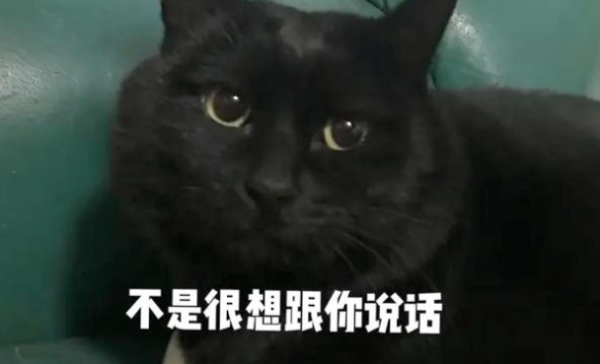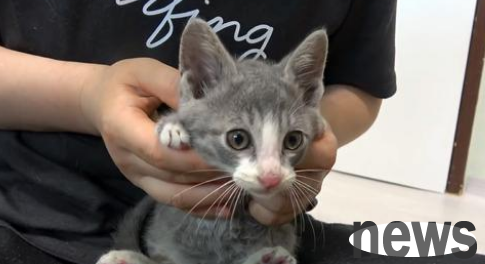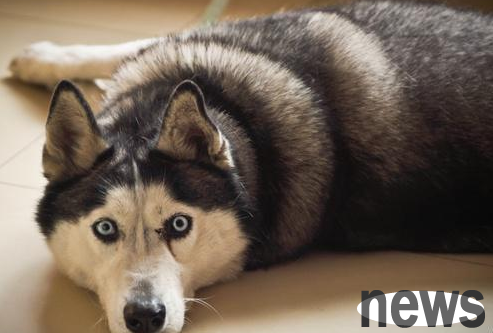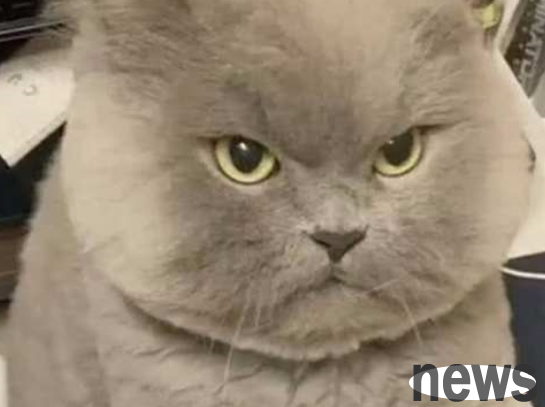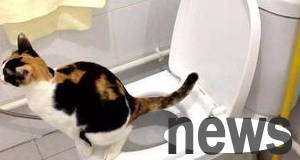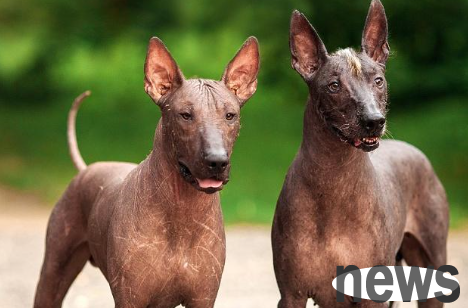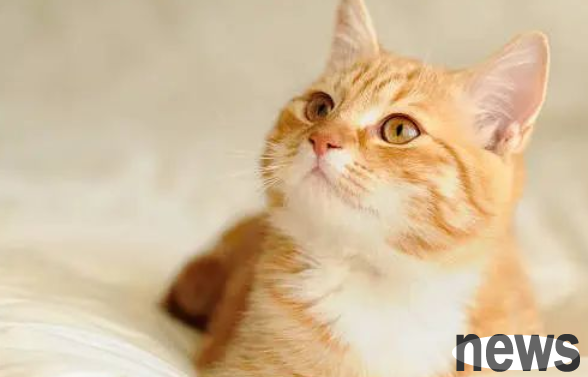How to treat feline viral enteritis?
Cat viral enteritis is highly resistant to the outside world and is extremely contagious. Once the disease occurs, the sick cat should be isolated quickly and the feeding tools, utensils and transportation tools contaminated by the sick cat should be strictly disinfected. The disinfectant can be made of 3% sodium hydroxide, bleach, hydrogen peroxide, etc. Ultraviolet irradiation can be used for machine disinfection.
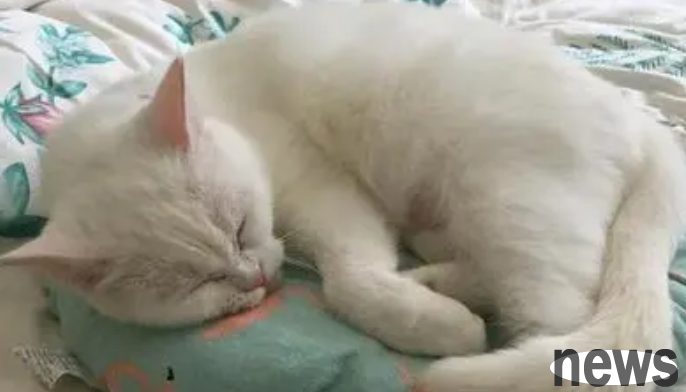
Vaccine immunization is the fundamental measure to prevent viral enteritis in cats. However, it cannot be ruled out that the situation of immune failure is related to vaccine quality and immune interference. Mainly, it is improper selection of vaccine strains and interference with parent antibodies. The vaccine should be made of imported vaccines of reliable quality. The first exemption time is generally considered to be around 45 days old. Considering that it is also a susceptible period for kittens before 10 weeks old, the vaccine should be injected early, and the vaccine should be injected at 60 days old. The vaccine should be injected once every 2 weeks, 3 consecutive times, and the vaccine will be immunized once a year afterwards.
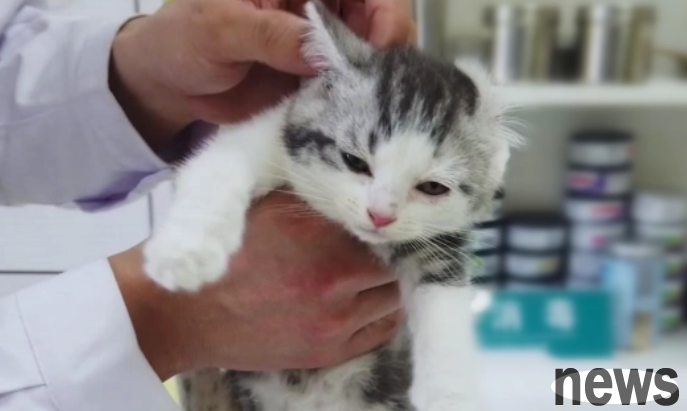
It is found that cats or dogs have discharged dark gray-white atherosclerotic stools. If food types can be eliminated, viral infectious diseases should be suspected first, and broad-spectrum antiviral drugs should be used in a timely and sufficient manner. The application of early broad-spectrum antiviral drugs can significantly shorten the course of treatment and improve the clinical cure rate.
When viral enteritis occurs in cats and canines, gastrointestinal bleeding occurs very quickly, and some medical records show rotten tomato-like fishy stool the next day after the onset. Therefore, the use of hemostatic drugs at the beginning of the onset of the disease is also of decisive significance for the treatment of this disease.


